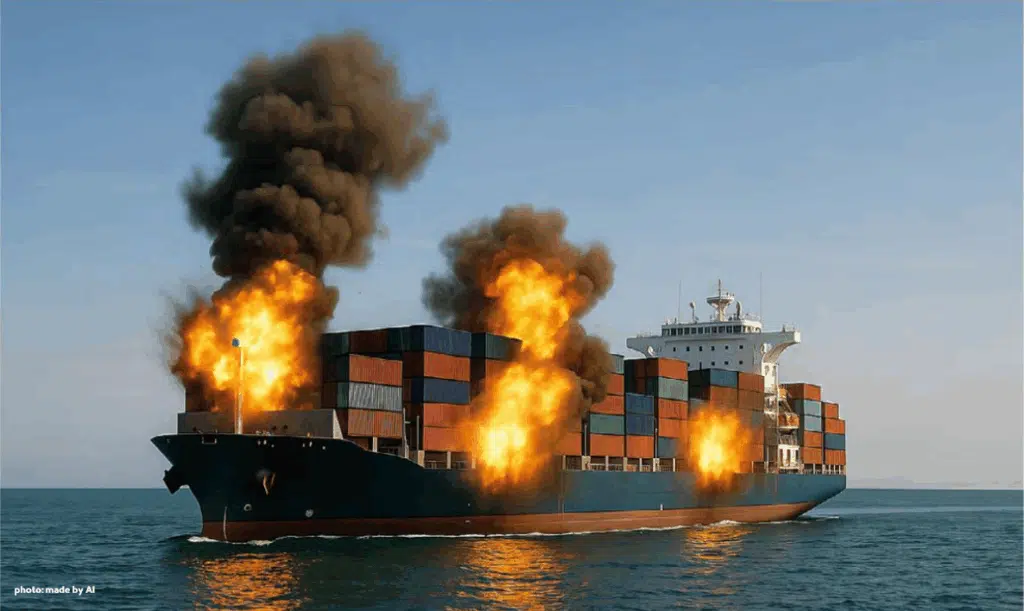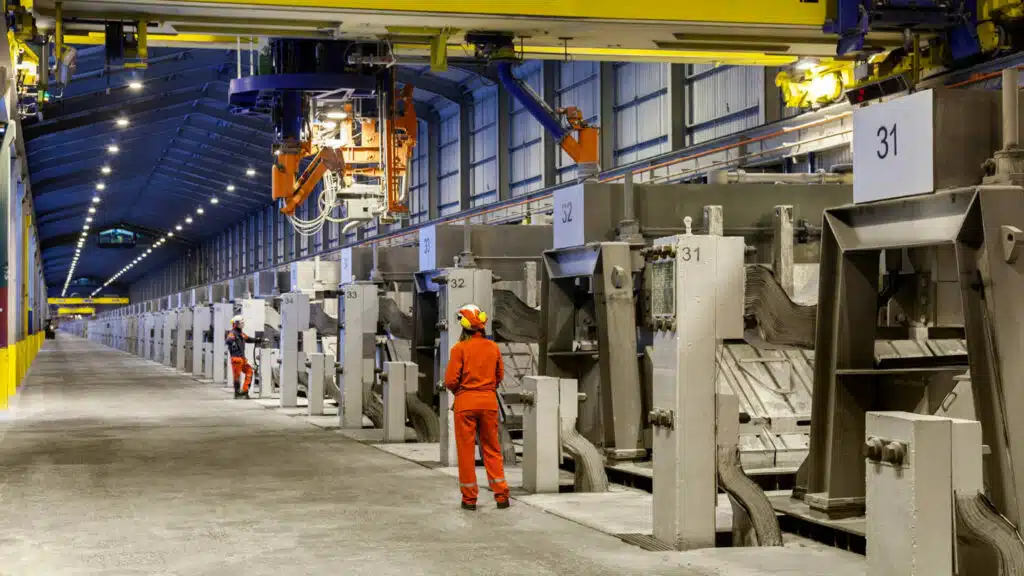Iceland smelter failure, tanker seized in Hormuz: unprecedented accumulation of vulnerabilities on the supplies of aluminium to Europe
The two recent developments (see links below) of the outage in the Grundartangi smelter in Iceland (320,000 tons per year), forcing it to cut production by two-thirds for one year, and the seizing of an oil tanker by Iran in the Strait of Hormuz only confirm the position that FACE and co-signatory associations and companies have communicated several times to EU authorities: restrictions and import tariffs on primary aluminium deepen the critical vulnerabilities of the EU’s aluminium value-chain.
FACE has warned repeatedly about the danger of restrictions on EU supplies of primary aluminium, especially now in the quadruple context of sharp decrease of domestic production, uncertainties on extra-EU smelters, EU scrap outflows and crisis in the recycling business, and extreme vulnerability of almost all southern maritime trade routes.
The European Union’s aluminium value-chain has never been under such an accumulation of current and potential industrial and geopolitical supply risks.
Just to list a few:
- In Europe: a continuously shrinking domestic production of primary aluminium, bringing import dependency above 85%, massive exports of scrap and crisis in the recycling sector.
- In the North Atlantic: outage at one of the most important smelters in Iceland, likely to last one year, threats of seizing control of the resources of Greenland, linked with the risk that one day Canada’s aluminium production might be “captured” and not just attracted.
- In the Middle East: risk of partial or total closure of the Strait of Hormuz, persistent risks in the Red Sea.
- In Africa: continued or new piracy risks not limited to Somalia or the Gulf of Guinea but potentially expanding in the east and west coasts.
- In South-East Asia: potential risks in case of hostilities around Taiwan, that could affect supplies from Malaysia, Indonesia and Australia.
- Globally: geopolitical risks on almost all maritime trade routes for aluminium supplies, especially South ones, as outlined in A&L magazine 2025/4 (see link below).
Maintaining artificially higher prices through EU import tariffs on unwrought aluminium and restricting primary aluminium supplies, with the risk of creating irreversible constraints in the backdrop of total import dependency, smelter closures in the EU or going idle in key exporting countries such as Iceland and Mozambique, scrap and recycling crisis, and geopolitical risks on virtually all maritime supply routes for aluminium, is, to say the least, extremely imprudent.
This is the very opposite of competitiveness, economic security, strategic foresight and planning.
Link 1 – Reuters: https://www.reuters.com/
Link 2 – AP News: https://apnews.com/article/
Link 3 – A&L Magazine: https://www.calameo.com/
[Image credit for the Grundartangi smelter: Century Aluminum]

